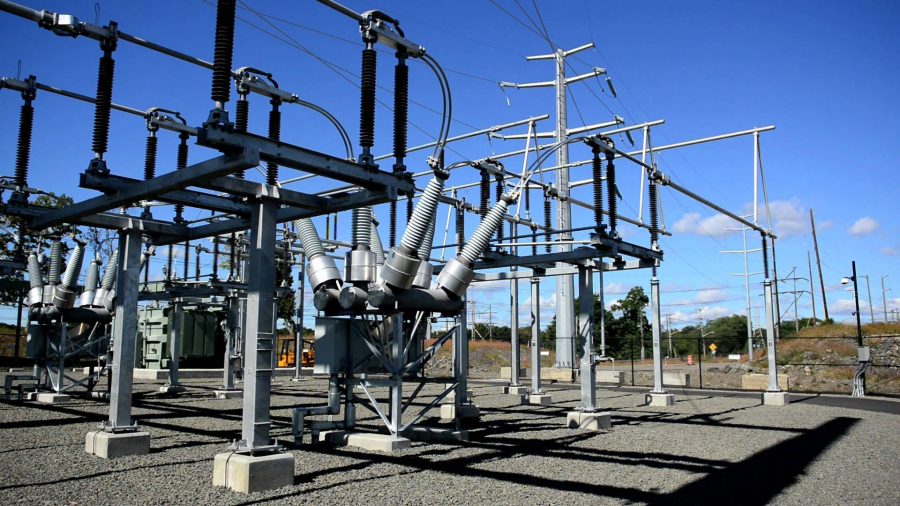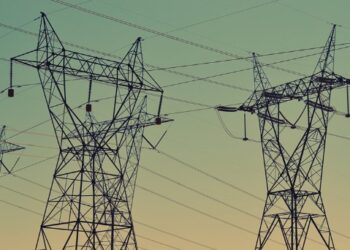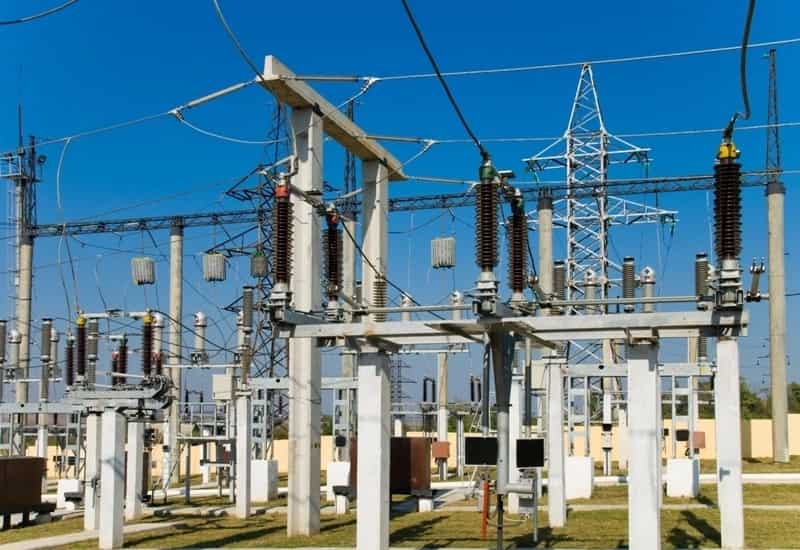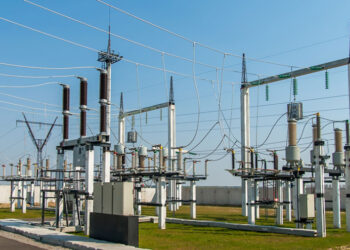Despite the huge investments to the tune of $1.6 billion that has been invested, Nigeria’s national power grid is still suffering incessant system collapse; thereby exposing Nigerians to difficult times in terms of access to a stable power supply.
Recently, there have been several reported cases of system collapse across many states in the country, the latest being last week’s Wednesday and Thursday, which resulted in blackout across many states in the country.
Meanwhile, there are growing concerns over the inability of stakeholders to bring about an end to Nigeria’s perennially fragile electric power grid. After the last week’s collapse, the Managing Director of the Transmission Company of Nigeria (TCN), Usman Mohammed, disclosed that the national grid was still far from achieving stability.
“Our grid is still fragile, when we say that we have achieved some level of improvement, it does not mean that we have stabilized the grid and we are disturbance-free, what I am trying to say is that our grid is still fragile, it is a journey that will take us to grid stability.”
A look into frequent System Collapse – Report has shown that Nigeria’s power grid has witnessed more than six system collapses in 2019 alone. Specifically, a report shows that total collapse occurred five times in January, while one partial collapse was witnessed in April.
Power supply across the country has gone from bad to worse. Following the major collapse in the national grid, last week, electricity output dwindled to a low of 230 megawatts as against the 4,032 megawatts national average. Most parts of the country have since been thrown into darkness.
Last week Thursday, Eko Electricity Distribution Company confirmed that there was a total system collapse of the TCN national grid twice, on Wednesday afternoon and Thursday.
“Sadly, there was another system collapse at 14:36hrs this afternoon and still no supply till this moment, Although the causes of the power failure are still unknown, working on rectifying root cause(s) of the frequent system collapse(s).”
Also, Kano Electricity Distribution Company, which serves Kano, Katsina, and Jigawa, also issued a statement on Thursday following last week collapse, disclosing zero megawatts to distribute to consumers.
It should be noted that each time the national grid collapses, many states are thrown into a blackout. This, consequently, affects companies, businesses, and individual users. Also, when system collapse occurs, it means zero megawatts to distribute to consumers.
$1.6bn Investment without adequate improvement – Despite the huge investment in the improvement of the national grid, no adequate improvement is achieved yet. Businesses and homes in the country are made to generate their own power, which has its own spillover effect on the economy.
Although, TCN stressed that the organisation is making efforts, it emphasises that much work needs to be done due to the critical investments from the donors that have not yet materialised.
“We have invested a lot of money in lines and substations up to $1.6 billion but you know an investment in transmission takes time, it is not like something you can fix in one day. Of course.”
Load shedding by DisCos a major Problem – While TCN blames system collapse on the investment that was yet to crystallize and the absence of spinning reserve, it also shifted a major part of the blame to the electricity distribution companies (DisCos). It is believed that the DisCos’ low utilisation of the load is responsible for the system collapse.
TCN‘s MD had stressed that there is no adequate protection interface between TCN and DisCos.
“As we speak with you most of the network, it is the TCN protection that is also providing protection for evoke houses, which is not normal.”
On his part, the Head Transmission Provider, Engr. Victor Adewunmi, identified over-voltage occasioned by sudden load shedding by DisCos, as a major cause of system collapse.
“One of the major causes of instability to the grid now is overvoltage occasioned by the sudden drop of heavy loads from the discos and this cuts across all parts of the country. We are now in the rainy season I can tell you that anytime it rains, a load of about 1000MWs can suddenly reduce to about 200Mws it is not acceptable. What is the resulting effect? It is over-voltage.”
National grid failure is worrisome – Reports have indicated that Nigeria is coming from over four decades of underinvestment in the power sector. This has resulted in over 120 million Nigerians finding themselves in either a no-grid situation or bad-grid situation.
The country’s power sector cannot maintain this unfriendly fragility if it must achieve a sustainable level of development to improve the economy.




















How and upto when it will be finalize?